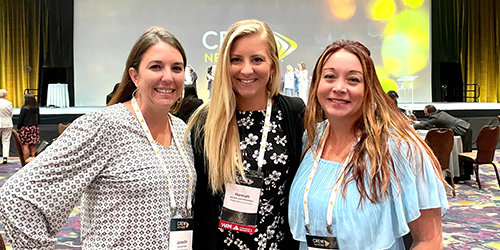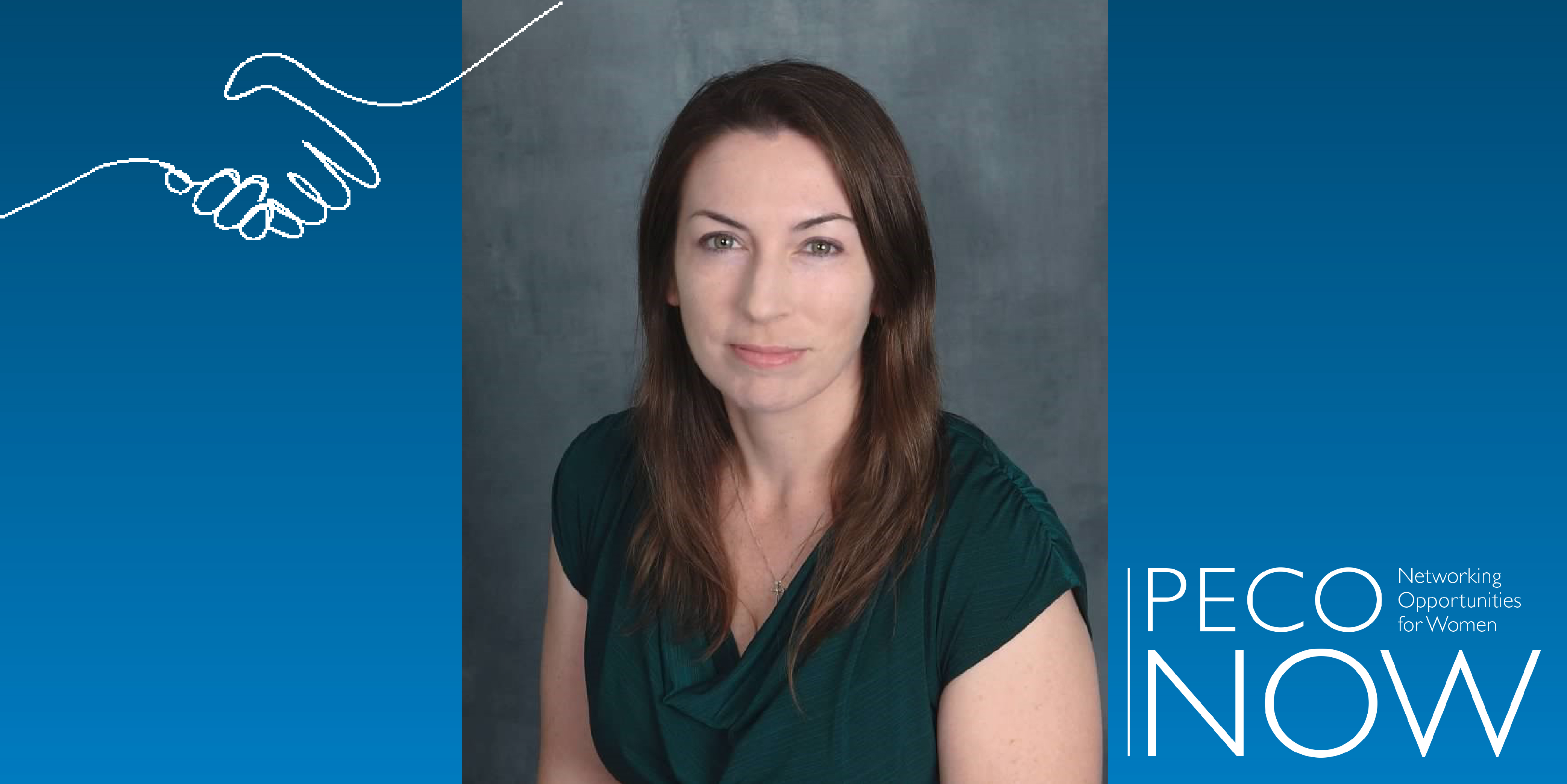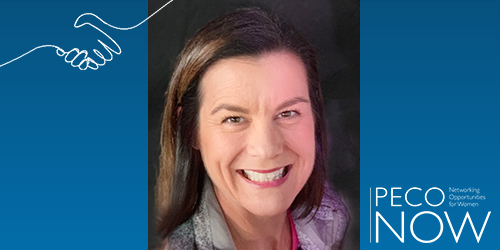In the 25 years since Phillips Edison bought its first property, the commercial real estate industry has evolved considerably. Technological advancement has made the process of finding, evaluating, buying and leasing property both faster… and smarter. More exciting changes lie ahead, as innovation continues to redefine every facet of the real estate industry.
Amid such dynamic change, maintaining a successful commercial real estate company comes down to embracing a fundamental truth: this is no longer just a real estate business; it’s a technology business. As the pace of innovation within the industry accelerates, technology will be much more than a tool unlocking greater efficiency. It is fast becoming the competitive advantage that sets the best real estate companies apart.
At Phillips Edison, we’ve embraced the transition to a technology company. In just a few short years, technological innovation has reshaped critical functions of our real estate business. Data and analytics power the algorithms that inform our decisions on which properties to purchase. Data is also optimizing our decisions around merchandising and tenant mix, helping us determine which retailers do well together in a certain demographic market, or which tenants within a property are exceeding sales targets.
Technology is reshaping other critical areas of the business too. Robotics are creating efficiencies in our accounting department, automating bill pay and facilitating easier communication with lenders and tenants. Alexa puts vital, property-specific information at our management team’s beck and call, and could soon provide that same information to our retailers. Drones are helping keep our individual properties clean and safe, while traffic counters feed data directly to the company and fuel greater understanding of how shoppers use those centers.
In short, technology is reshaping every facet of our business. But as we become more like a technology company, we’ve had to think and act like one. That means weaving technology, innovation and change into our cultural DNA, so that management and associates will spot — or invent — the next technology or innovation that will drive the business forward. Below are a few steps Phillips Edison is taking to stay on the cusp of innovation:
Ideationthons: At our annual meeting in February, we hosted our first ideationthon, a half-day event in which company associates broke into small teams to come up with their own ideas to address the biggest opportunities for our company, or the industry at large. Mentors selected top ideas and then a shark-tank style panel of judges, including myself, selected their favorite idea.
Innovation Labs: For a few years now, Phillips Edison has hosted Innovation Labs, which assemble a mix of associates from different departments to work cross functionally to solve real-time challenges or opportunities facing the organization. After a three-month period, the teams present their solutions to management for possible implementation.
Innovation Awards: Each year, we also recognize an associate with the Thomas Alva Edison Innovation Award. The award is open-ended by design — creative efforts of all sizes and even those that fail can get recognized. There is no minimum requirement on how much money an idea must save or make for the company. The goal is to foster creative spirit and effort throughout the organization.
University Partnerships: We’ve partnered with a local university to co-develop new ways to look at all the data we collect. In some cases, we’ve pulled together more than 6,000 pieces of data to optimize a single decision.
Collectively, these efforts foster the innovative and entrepreneurial spirit that lies at the heart of PECO. That culture is imperative as our real estate company becomes more and more like a technology company.
Published On Apr 04, 2019
in Leadership & Development, Retail Real Estate Industry, and Technology





